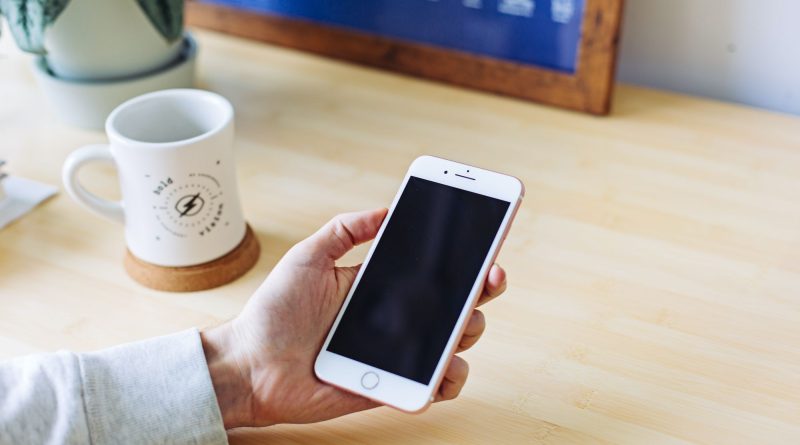What your phone knows about you: how apps collect data?
As our lives move increasingly online, it’s no surprise that our devices are collecting more and more data about us. But what may be surprising is just how much information your phone knows about you – and how easy it is for apps to access this data without you even realizing it.
Privacy has always been a hot-button issue, but in the age of mobile devices, it’s more important than ever to be aware of the ways your personal data can be collected and used. Here’s a look at some of the ways your phone may be spying on you – and what you can do to protect your privacy. So do the phones spy on us? the answer is yes. Let’s see how they do it.
What data do the apps collect?
There are a few different ways that apps can collect data about you. For example, many apps will ask for permission to access your location data. If you allow this permission, the app will be able to track your movements and know where you are at all times. These tracking data can be used for a variety of purposes, including targeted advertising. Also, there are devices called beacons which can also be used to collect data about you as you move around in a particular space, like a store or an airport. Beacons work by sending out signals that can be picked up by your phone’s Bluetooth connection. These signals can be used to track your movements and even send you targeted ads based on your location. You have probably seen a notification when you have entered any store that has this technology, which will show you special offers from that store.
Another way that apps collect data about you is through the use of cookies. Cookies are small pieces of data that are stored on your device when you visit a website or use an app. They can be used to track your movements online and collect information about your browsing habits.
Here is a list of data that mobiles app might collect:
1. Your location
Your phone is constantly tracking your location – even when you’re not actively using it. This data can be accessed by apps on your phone, as well as by the manufacturer of your phone and, potentially, by government agencies.
2. Your contacts
Your phone’s address book is a goldmine of personal information, including names, birthdays, addresses, and phone numbers. This information can be accessed by apps on your phone, as well as by the manufacturer of your phone.
3. Your messages
Text messages and other forms of communication on your phone are private, right? Wrong. Many phones come with backup and synchronization features that send copies of your messages to the manufacturer of your phone or to a cloud-based service. This means that your messages could potentially be accessed by anyone with access to your backup account – including hackers.
4. Your photos and videos
The photos and videos you take on your phone are personal, right? Wrong. Many phones come with backup and synchronization features that send copies of your photos and videos to the manufacturer of your phone or to a cloud-based service. This means that your photos and videos could potentially be accessed by anyone with access to your backup account – including hackers.
Privacy concerns in the age of mobile devices
Mobile devices are capable of collecting a wide variety of data about their users, including location data, contact lists, and even details about the user’s physical activity. This data is often collected without the user’s knowledge or consent, and it can be very difficult to know how this data is being used or shared.
One of the most controversial uses of this data is for targeted advertising. Advertisers are able to use data collected about you to deliver ads that are specifically tailored to your interests. This practice is often referred to as “behavioral advertising,” and it can be difficult to know how these ads are selected or how to opt out of them.
Another concern is that this data could be used to track your movements and activities. This is especially worrisome for people who may be concerned about their safety or who have sensitive jobs.
There is a possibility that this data could be accessed by third parties without your knowledge or consent. This could happen if your phone is stolen or hacked, or if you download an app that turns out to be malicious.
What you can do to protect your privacy?
There are a few things you can do to protect your privacy when using your mobile device.
- Be careful about which apps you install. Make sure you understand what permissions they are asking for and why they need them.
- Be aware of the types of data that apps can collect about you. If you’re not comfortable with an app having access to certain types of data, you may want to consider not using it.
- Keep your software up to date. App developers are constantly working to improve the security of their apps, and by keeping your software up to date, you can help protect yourself against potential security threats.
- Use a VPN. A VPN, or virtual private network, is a tool that can help to protect your privacy by encrypting your traffic and hiding your IP address.
- Be careful about the websites you visit. Avoid clicking on links from unknown or untrustworthy sources, and be cautious about sharing personal information online.
How to tell if your phone has been compromised?
If you’re concerned that your phone may have been compromised, there are a few things you can look for.
- Check for any unusual or unexpected behaviour. This could include strange text messages, unexpected app activity, or battery drain.
- See if you can find any suspicious apps installed on your phone. If you didn’t install an app, it may be a sign that your phone has been compromised.
- Check your phone’s permissions and make sure that only the apps you trust have access to sensitive data.
- Keep an eye on your data usage. If you notice that your data usage is higher than usual, it may be a sign that your phone is being used to send or receive data without your knowledge.
- Check for any unusual activity on your bill. If you see charges that you don’t recognize, it may be a sign that your phone has been compromised.
If you think your phone has been compromised, there are a few things you can do.
- Change your passwords and enable two-factor authentication if possible or consider using password manager.
- Run a security scan on your phone to check for any malicious software.
- Factory reset your phone to remove any suspicious apps or data.
- Contact your carrier and let them know that your phone may have been compromised. They may be able to help you protect your account and prevent fraud.
- Contact the police if you think you have been a victim of identity theft or fraud.



